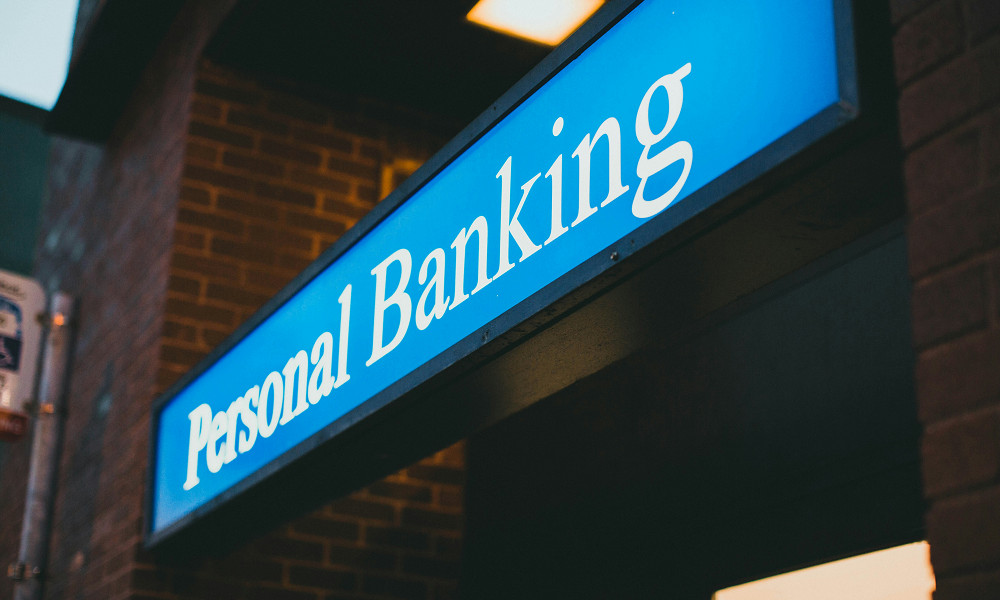Reviews
The Role of Digital Tools in Enhancing Personal Financial Management

Managing personal finances has become increasingly complex. With expenses, savings, debt, and investments all vying for attention, keeping track of it all manually just doesn’t cut it anymore. Fortunately, digital tools have transformed the way people manage their finances, making it easier, faster, and more efficient to stay on top of everything. From budgeting apps to digital savings tools, these resources empower individuals to take control of their financial lives like never before.
Let’s explore how digital tools are enhancing personal financial management and helping people make smarter financial decisions.
The Evolution of Personal Financial Management
For centuries, managing money was a paper-based process. People used ledgers, calculators, and paper bills to track income and expenses. It was a slow, cumbersome, and often error-prone system that required constant attention. The introduction of computers brought a shift, but it wasn’t until smartphones and the internet that things really began to change.
Digital financial tools have evolved from simple spreadsheets to sophisticated apps that connect directly to your bank accounts, investments, and even credit cards. Today, personal finance management is at the fingertips of anyone with a smartphone or computer, offering real-time tracking and advice.
This shift from manual tracking to digital management allows individuals to stay organized, improve their financial literacy, and ultimately make informed decisions. With the rise of digital-only services, opening a checking account online is now a common practice. It’s fast, efficient, and helps streamline money management right from the start.
Key Digital Tools That Are Enhancing Financial Management
There are several types of digital tools that can make managing personal finances a breeze. These tools help users track spending, automate savings, and even invest for the future. Here’s a look at some of the most useful ones:
Budgeting Apps
Budgeting apps are among the most popular digital tools for managing finances. They help you track your income and expenses, making it easier to stick to a budget. Most apps allow you to categorize your spending, set financial goals, and even send you reminders when bills are due.
By having a clear overview of your spending habits, you’re in a much better position to identify areas where you can save. These tools offer a more visual and interactive way to stay on top of your finances, which can be far more motivating than paper or traditional spreadsheets.
Expense Tracking Tools
Expense tracking tools go hand-in-hand with budgeting apps but are more focused on helping you monitor specific spending categories. For example, you might use an expense tracking tool to track your weekly grocery shopping, dining out, or transportation costs.
These tools can show you exactly where your money is going, helping you find areas to cut back. Many offer reports and graphs, providing a clear visual of your spending patterns. With these insights, you can adjust your habits and make more informed financial decisions.
Investment Platforms
Investing can feel intimidating, especially for beginners. However, digital tools have made it more accessible. Investment platforms or robo-advisors offer easy-to-use interfaces that guide you through the process of investing in stocks, bonds, or even real estate. These platforms use algorithms to assess your risk tolerance and recommend investments that fit your financial goals.
For anyone looking to grow their wealth over time, these platforms can be an invaluable resource. They take the guesswork out of investing and often have lower fees compared to traditional financial advisors.
Digital Savings Tools
Savings can be a challenge, especially when you’re trying to set aside money for a rainy day. Digital savings tools automate the process by rounding up purchases or transferring small amounts of money into savings accounts. By automating this process, users can set up long-term savings without much effort.
These tools often come with customizable options, allowing you to save for specific goals like an emergency fund or a vacation. The key is that they help you save consistently without requiring constant attention.
The Advantages of Using Digital Financial Tools
Digital financial tools come with a host of advantages. Let’s take a closer look at some of the key benefits:
Convenience
One of the primary reasons people turn to digital tools is convenience. With apps and websites available on mobile devices, you can manage your finances anytime, anywhere. Whether you’re at home, at work, or on the go, you can check your balance, track spending, and set up automatic payments from your phone.
Automation
Automation is a game-changer when it comes to financial management. Whether it’s paying bills, saving for retirement, or tracking expenses, digital tools can handle it for you. Once you set up automatic transfers or bill payments, you don’t have to think about them again.
This hands-off approach to money management allows you to focus on other areas of your life while still staying on track financially.
Personalized Insights
Another key advantage is the personalized insights that digital tools provide. Many apps use artificial intelligence or data analysis to offer tailored recommendations. For example, a budgeting app might suggest cutting back on certain spending categories based on your history or suggest a more efficient way to manage debt.
These personalized insights can help you make better financial decisions and stay on track to meet your goals.
Improved Financial Awareness
By providing real-time tracking and notifications, digital tools improve your financial awareness. Whether it’s a reminder about an upcoming bill or a notification about unusual spending, these tools ensure you’re always in the loop. This proactive approach helps you avoid late fees and stay on top of your financial health.
Security and Privacy Considerations
While digital tools offer many benefits, they also come with some security and privacy concerns. Protecting personal financial data is paramount. Most financial apps use encryption to protect sensitive information, and many offer two-factor authentication to further safeguard your accounts.
When choosing digital tools, it’s essential to look for apps and platforms that prioritize security. Be sure to use strong passwords, enable two-factor authentication, and only share personal information with trusted services. Taking these steps can help you avoid potential risks and keep your financial information safe.
How Digital Tools Help Achieve Financial Goals
Setting and achieving financial goals is a core aspect of personal finance management, and digital tools make it easier than ever. Whether you’re saving for a house, paying off debt, or planning for retirement, these tools offer functionality to keep you on track.
Many digital platforms allow you to set specific savings goals, and they help you track your progress over time. Some even provide tips on how to accelerate your savings, such as cutting back on non-essential spending or finding more efficient ways to invest.
By breaking down large financial goals into smaller, manageable steps, digital tools make it easier to stay motivated and see results.
The Future of Digital Financial Tools
As technology continues to evolve, so will digital financial tools. In the coming years, we can expect even more advanced features, including AI-driven budgeting, personalized investment advice, and more seamless integration across platforms. The rise of technologies like blockchain, digital wallets, and even cryptocurrency will likely play a role in reshaping the future of personal finance management.
With faster internet speeds and the ongoing development of fintech, the future of personal finance management is incredibly exciting. What’s clear is that digital tools are here to stay, offering an unprecedented level of accessibility and convenience.
Conclusion
Digital tools have transformed the way people manage their finances, offering an easier, more efficient, and secure way to track spending, save, and invest. From budgeting apps to digital savings tools, these resources empower individuals to take control of their financial lives and make better decisions. By leveraging these tools, you can set and achieve financial goals with greater confidence and ease. With more innovations on the horizon, the future of personal financial management is brighter than ever.

-

 Legal6 days ago
Legal6 days agoMichigan man JD Vance sentenced to 2 years for threatening Trump and JD Vance
-

 Politics1 week ago
Politics1 week agoU.S. to designate Maduro-linked Cartel de los Soles as terrorist organization
-

 Health7 days ago
Health7 days agoCambodia reports fatal H5N1 bird flu case in 22-year-old man
-

 World4 days ago
World4 days agoHurricane Melissa registered 252 mph wind gust, breaking global record
-

 Legal4 days ago
Legal4 days agoWoman in critical condition after being set on fire on Chicago train
-

 Politics7 days ago
Politics7 days agoEpstein survivors release PSA calling on Congress to release all files
-

 Legal4 days ago
Legal4 days ago1 dead, 2 injured in shooting at Dallas Walmart parking lot
-

 Legal3 days ago
Legal3 days agoSuspect in San Diego stabbing shot by authorities after fleeing into Mexico




